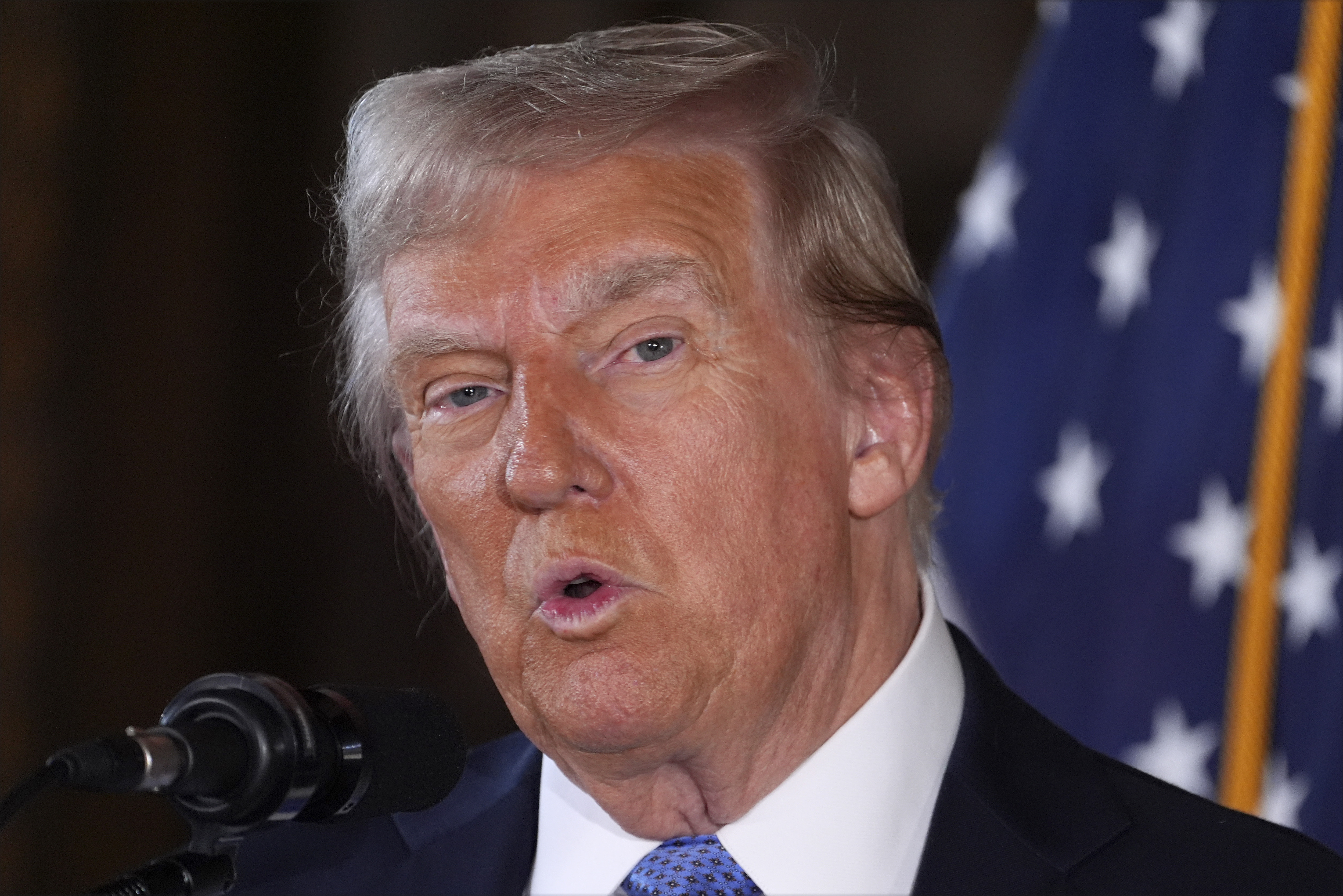Scottish prosecutors said Thursday they have identified two Libyans as suspects in the 1988 bombing of a passenger jet over the town of Lockerbie, and want to interview them in Tripoli.
Scotland's Crown Office said that Lord Advocate Frank Mulholland and U.S. Attorney General Loretta Lynch had agreed "that there is a proper basis in law in Scotland and the United States to entitle Scottish and U.S. investigators to treat two Libyans as suspects in the continuing investigation into the bombing" of Pan Am flight 103.
A bomb shattered the New York-bound Boeing 747 as it flew over Scotland on Dec. 21, 1988, killing all 259 people aboard the plane and 11 on the ground. Many of the victims were American college students flying home for Christmas.
In a statement, the Crown Office said the two countries were asking Libyan authorities to help Scottish detectives and FBI officers interview the suspects in Tripoli.
The Libyans, whose names were not disclosed, are suspected of involvement with Abdel Baset al-Megrahi, the only person convicted in the attack.
Al-Megrahi, a former Libyan intelligence officer, was convicted in 2001 of planting the bomb. He was freed from a Scottish jail in 2009 on compassionate grounds because he had cancer — to the outrage of many victims' families.
Al-Megrahi always denied involvement, and died in Libya in 2012 still protesting his innocence.
U.S. & World
The day's top national and international news.
The case is still open, and after the 2011 fall of dictator Moammar Gadhafi, Britain asked Libya's new rulers to help fully investigate. But the country has since been wracked by chaos and political violence.
Some families of Lockerbie victims remain skeptical that al-Megrahi was involved, and backed his long campaign of appeals.
Jim Swire, whose daughter Flora was killed in the bombing, believes al-Megrahi was wrongly convicted, "so to try to bolt two more names on top of that is a very difficult situation."
He told the BBC that any new suspects would have to be prosecuted with "very much better evidence than was used to achieve the conviction of (al-) Megrahi."



